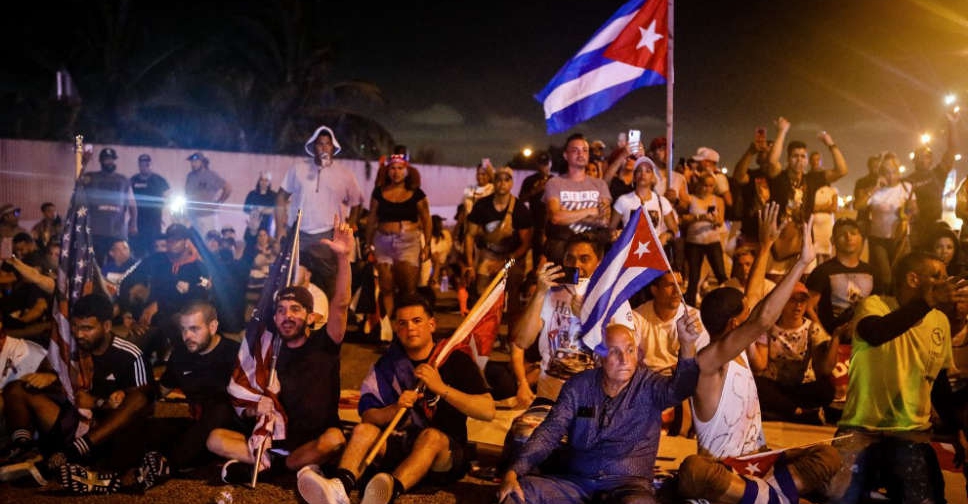
Cuba has restricted access to social media and messaging platforms including Facebook and WhatsApp, global internet monitoring firm NetBlocks said.
Thousands of Cubans joined demonstrations throughout the Communist-run country on Sunday to protest against a deep economic crisis that has seen shortages of basic goods and power outages. They were also protesting against the government's handling of the coronavirus pandemic and curbs on civil liberties.
Cuba's government has said the demonstrations were orchestrated by counter-revolutionaries financed by the United States, manipulating frustration with an economic crisis largely caused by the decades-old US trade embargo.
The protests, rare in a country where public dissent is tightly controlled, had largely ended by Sunday evening, as security forces were deployed to the streets and President Miguel Diaz-Canel called on government supporters to go out and fight to defend their revolution.
But another protest flared late Monday in the southern Havana suburb of La Guinera, where one man died and several others, including members of the security forces, were hospitalised with injuries, according to state-run media on Tuesday.
It did not say what caused the death. No other deaths and injuries have been officially confirmed so far.
Hundreds had taken to streets in La Guinera, shouting slogans like 'down with communism,' and 'freedom for the people of Cuba,' according to two residents and video footage seen by Reuters. Some started throwing rocks at security forces who eventually responded with gunfire.
Activists say the government is using so-called rapid-reaction brigades - government-organised bands of civilian recruits - to counter protesters.
MOBILE INTERNET OUTAGES
They also accuse the government of trying to disrupt communications. Introduced just over two years ago, mobile internet has been a key factor behind the protests, giving Cubans more of a platform to express their frustrations and enabling the word to get out quickly when people are on the street.
In the capital, there have been regular and atypical mobile internet outages since Sunday, according to Reuters witnesses.
NetBlocks, based in London, said on its website that Facebook, WhatsApp, Instagram and Telegram in Cuba were partially disrupted on Monday and Tuesday.
"The pattern of restrictions observed in Cuba indicate an ongoing crackdown on messaging platforms used to organize and share news of protests in real-time," said NetBlocks director Alp Toker. "At the same time, some connectivity is preserved to maintain a semblance of normality."
Facebook Inc, which owns Instagram and WhatsApp, said that it was concerned about its services being restricted in Cuba, in a statement to Reuters late on Tuesday.
"We oppose shutdowns, throttling, and other disruptions of the internet that limit the debate of our community. We hope connectivity will be restored as soon as possible so that Cubans can communicate with family and friends," said Joe Osborne, a Facebook spokesperson.
Asked whether the government was intentionally restricting internet connections, Foreign Minister Bruno Rodriguez told a news briefing the situation was "complicated." He said power outages could impact telecommunications services and "Cuba would never renounce the right to defend itself."
Telegram did not immediately respond to a request for comment. Twitter Inc said it found no blocking of its service.
"Our weapon is the internet. If they take away the internet we are unarmed," said Havana resident Gino Ocumares, as he tried but failed to connect to the web at a government Wi-Fi hotspot. "The government does not want people to see the truth."



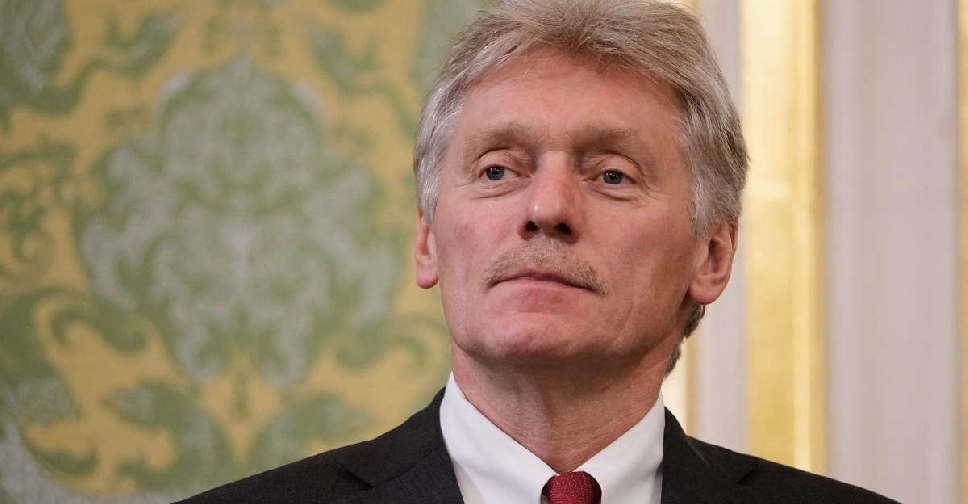 Kremlin reacts icily to Trump but some Russian officials are blunter
Kremlin reacts icily to Trump but some Russian officials are blunter
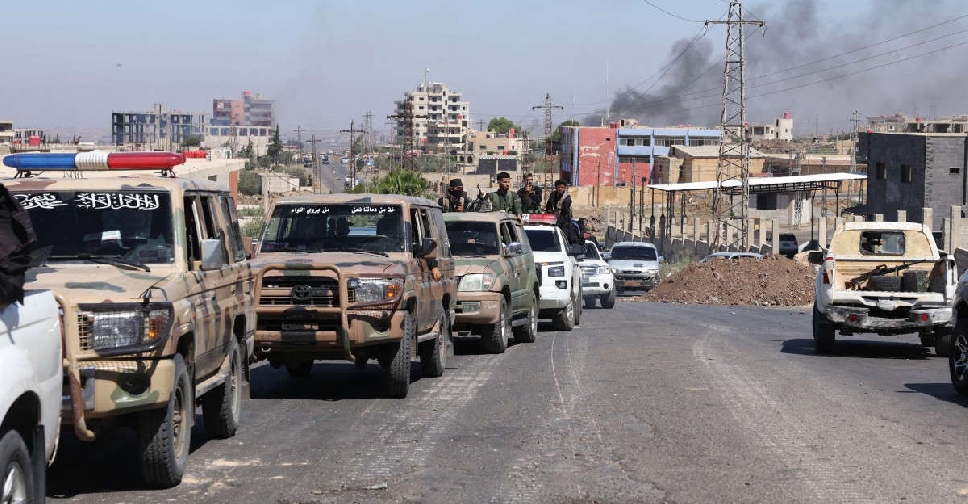 Syrian troops enter Druze city of Sweida after two days of clashes
Syrian troops enter Druze city of Sweida after two days of clashes
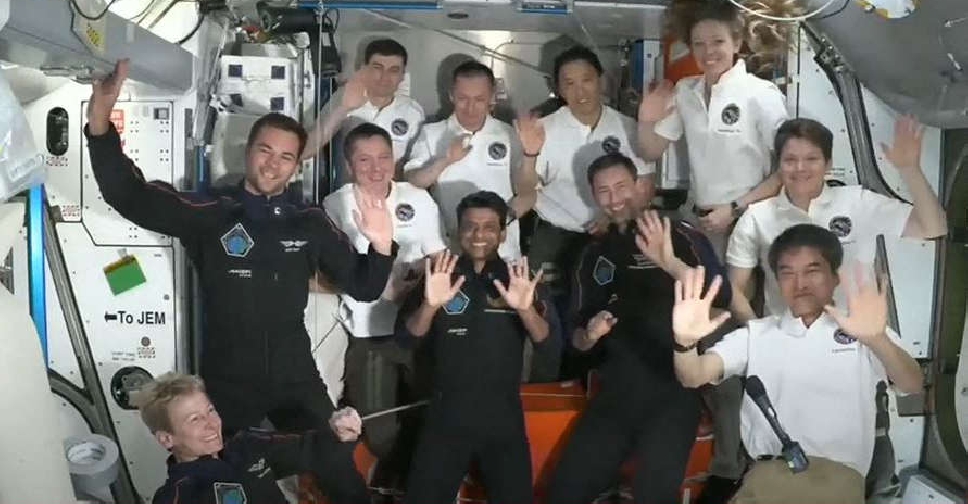 Astronauts from India, Poland, Hungary return with NASA veteran from space station
Astronauts from India, Poland, Hungary return with NASA veteran from space station
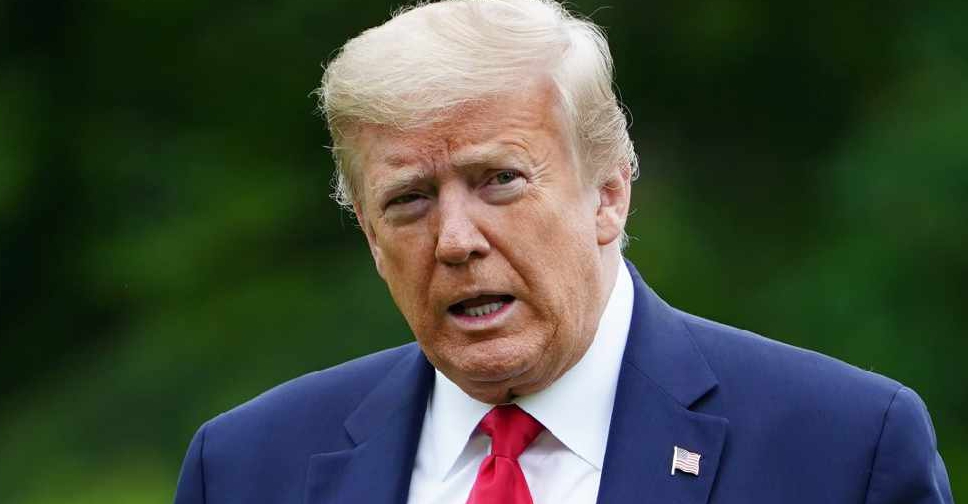 Trump arms Ukraine and threatens sanctions on countries that buy Russian oil
Trump arms Ukraine and threatens sanctions on countries that buy Russian oil



